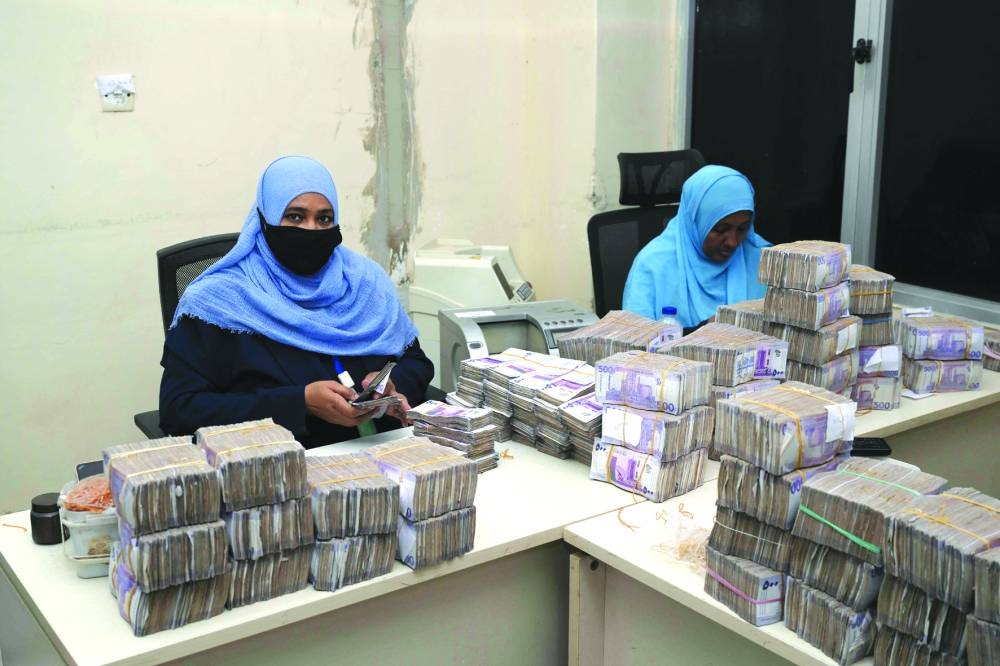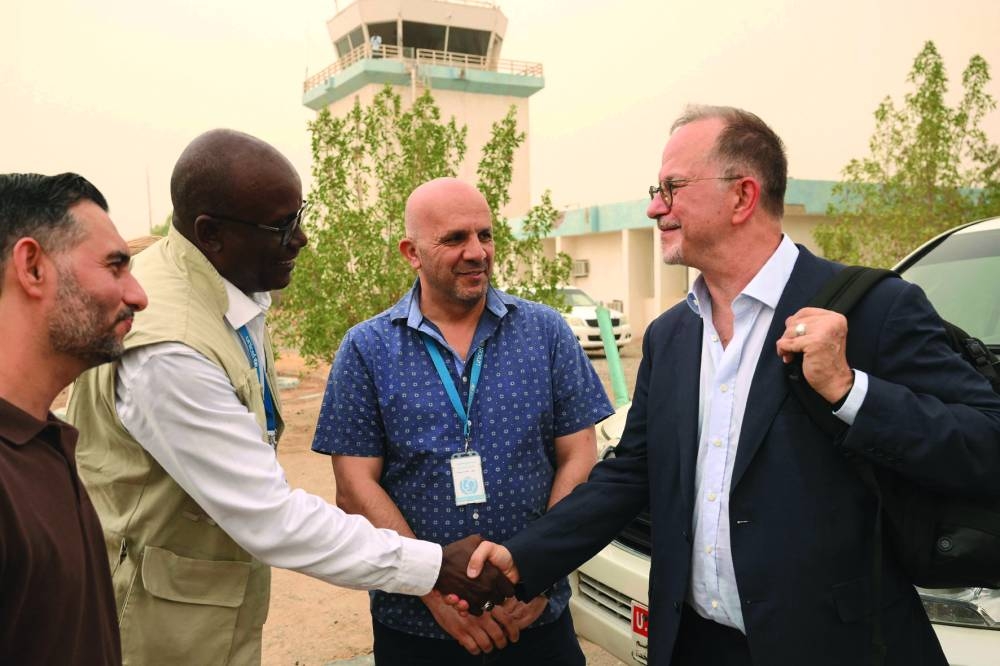Clashes flared in parts of Sudan on the 100th day of the war yesterday as mediation attempts by regional and international powers fail to find a path out of an increasingly intractable conflict.
The fighting broke out on April 15 as the army and paramilitary Rapid Support Forces (RSF) vied for power, since when more than 3mn people have been uprooted, including more than 700,000 who have fled to neighbouring countries.
Some 1,136 people have been killed, according to the health ministry, though officials believe the number is higher.
Neither the army nor the RSF has been able to claim victory, with the RSF’s domination on the ground in the capital Khartoum up against the army’s air and artillery firepower.
Infrastructure and government in the capital have fallen apart while fighting has spread westwards, particularly to the fragile Darfur region, as well as to the south, where the rebel SPLM-N group has tried to gain territory.
Over the weekend, the RSF moved into villages in Gezira State directly south of Khartoum, where the army conducted air strikes against them, according to witnesses.
In Nyala, one of the country’s largest cities and capital of South Darfur, clashes have continued since Thursday in residential areas, according to witnesses. At least 20 people have been killed, medical sources say. The UN says 5,000 families have been displaced. Key facilities have been looted, residents say.
“Bullets are flying into homes. We are terrified and no one is protecting us,” said 35-year-old Salah Abdallah.
The fighting gave way to ethnically targeted attacks by militias and the RSF in West Darfur, from which hundreds of thousands of people have fled to Chad.
Residents have also accused RSF soldiers of looting and occupying wide swathes of the capital. The RSF has said it would investigate. While the two sides have shown openness towards mediation efforts led by regional and international actors, none has resulted in a sustained ceasefire.
Both sides have sent delegations to attempt to re-start talks in Jeddah that have yielded often-violated ceasefires.
But the Sudanese foreign minister said on Friday that indirect talks had not begun seriously.

Employees count bills at the Central Bank in Port Sudan, on Sunday.

Unicef Deputy Executive Director Ted Chaiban (right) is greeted upon landing at the airport in Port Sudan, on Sunday.
